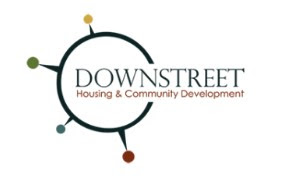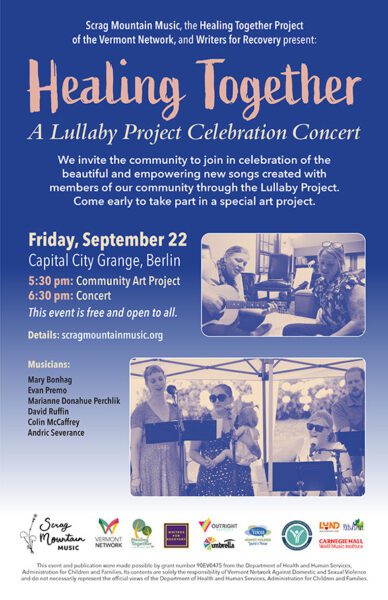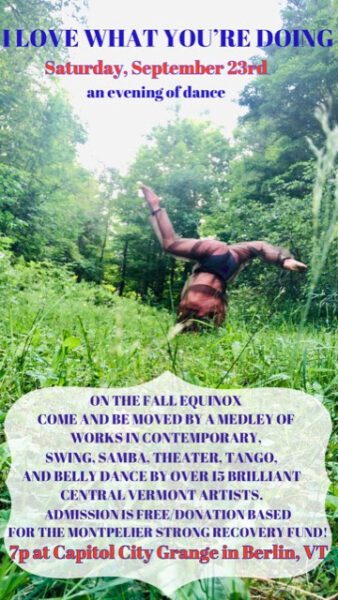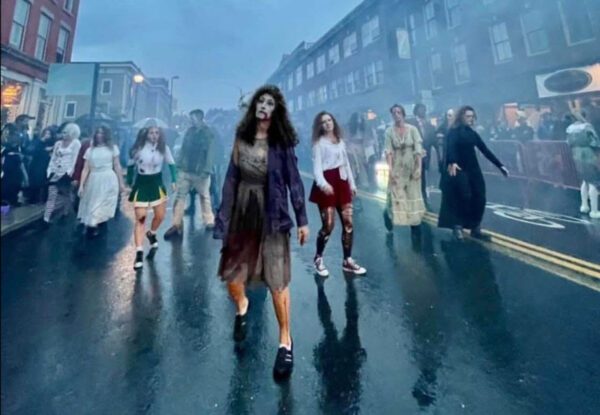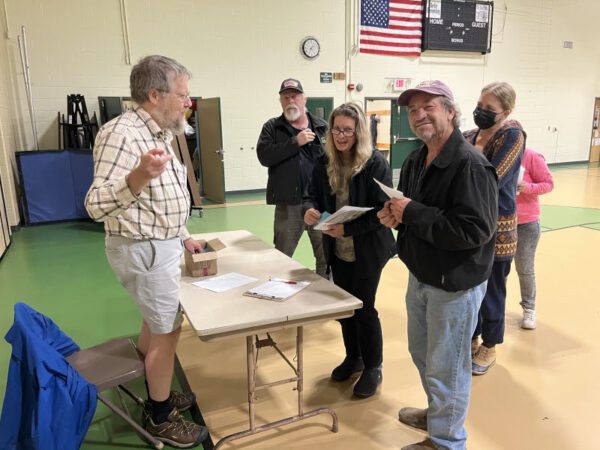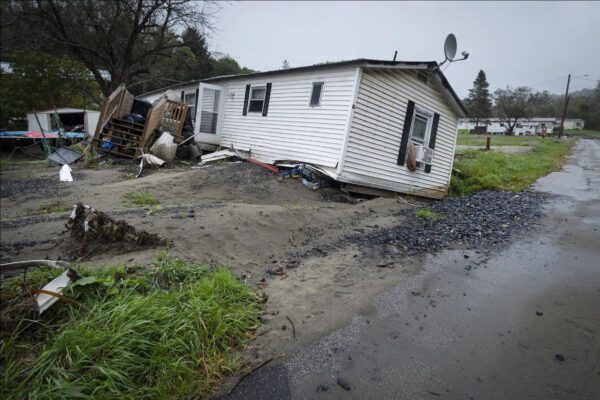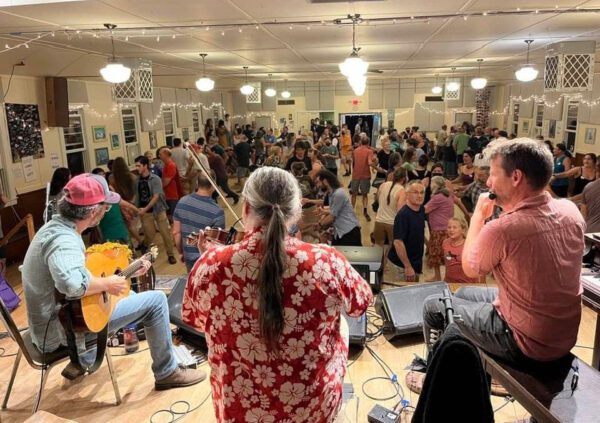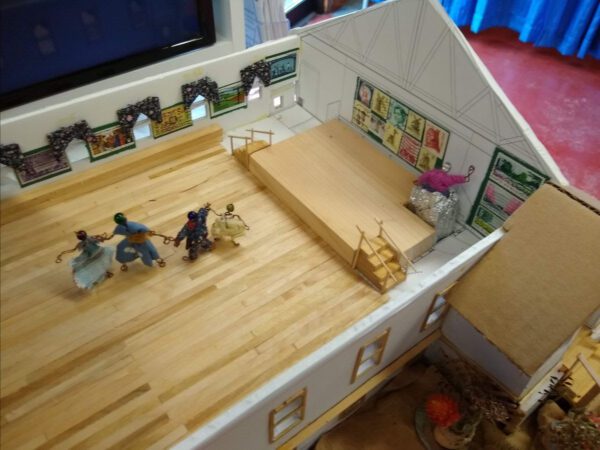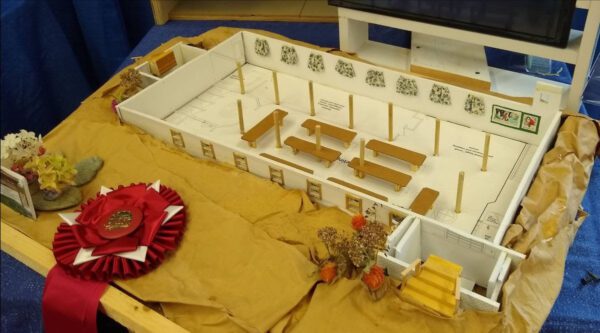Grange Notes by Tim Swartz, Grange President (with everyone’s help) November 2, 2023
Coming up on Saturday: November meeting
As I’m writing this, watching the frost melt outside my window, it’s easy to believe that we are in November! October’s warmth was remarkable, but it won’t surprise any of us that it is getting colder as the days shorten.
Looking ahead to winter is one of the subjects of our Grange meeting, this Saturday from 4:30 to 6:00 PM. I’ve done some analysis of our heating bills for the 2022-23 heating season, which I’ll discuss. It’s our first using our pellet furnace, installed in April 2022! Sneak preview–it’s saving us money, as well as greatly reducing our carbon footprint.
We’ll also start taking a look at our rental policies: we have been seeing our Calendar of events on the website fill up, which is helping our cash-flow quite a bit. Some of the increase has been because Montpelier event venues got flooded, and have still not re-opened. Groups that have used those in the past are finding our beautiful Hall a good alternative. We are not celebrating the reason for these new rentals–but the impact is noticeable. The availability of our lift for people who can’t use the stairs has also helped us attract some new groups. Having lots of rentals has also made us look at some of our rental policies, especially around the free use of the Hall we’ve been providing to Berlin individuals and families and Berlin non-profit organizations, and use of the Hall by Grange members. We’ll start some discussion, and also want to designate a subcommittee to write up some more formal guidelines–see the “help wanted” ad below this meeting preview!
We’ll also be talking about the Vermont State Grange “annual session” which was just held–in Middlebury–on Oct. 27 & 28. Tim, Liz Benjamin and Carl Etnier attended, and will report on the discussions of Resolutions and other actions.
We’ll also start talking about next year’s VSG annual session, because it will be happening at our Hall, on Oct. 25 & 26, 2024! Merry has already reserved these dates on the Calendar, but we will have to do more planning: how to handle meals for delegates? How to make sure that we use our great assortment of plates, dishes, glasses and silverware instead of disposables? Recruiting some dishwashing help will likely be needed! Please join us to discuss all of these issues, and help us anticipate others. Attendance is likely to be around 80-100 people, so a good-sized crowd for 2 days.
Those with good memories may recall that a stripped-down, speedy annual session was held at our Hall in October 2020–with no reports of Covid following–as we fitted it in before the “Delta Surge” later that fall. This will be a much bigger deal!
Of course, our meeting will be followed by a Community Potluck Dinner, see below!
Help wanted:
Rental policy subcommittee
Needed: New Grange rentals committee member(s). Our renters – both regular weekly/monthly, plus many one-time or short term users – help us to pay Hall expenses and maintain and grow our vibrant Grange Hall community. Rental of the Hall for cultural arts programming, community meetings and events, plus family gatherings is core to our Grange’s community service mission. The rentals committee develops and recommends rental policies, and provides support and guidance to the Rental Agent when requested. Experience with venue management or rentals would be helpful but not required. Open to members and non-members! Please contact Tim or Merry to learn more.
After the meeting, it’s potluck time!
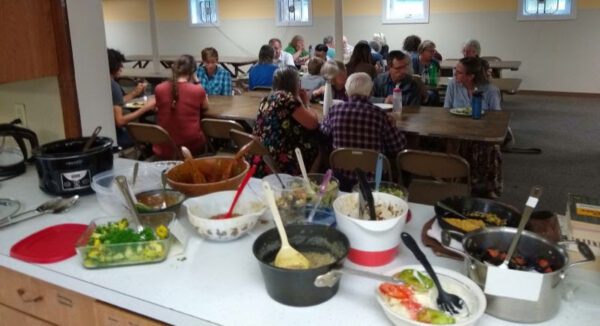 We’ll move out of the upstairs Hall at 6:00, to make room for setup for the contra dance. We’ll move downstairs, and enjoy our monthly Community Potluck dinner! We hope you (and many others) will join us in sharing tasty main dishes, sides, salads, soups, desserts and more! We know you’re going to eat dinner, so why not join our sociable group? Bring whatever you want–and if you don’t have time to cook, contribute chips and salsa, or a loaf of bread and some cheese, or a jug of cider.
We’ll move out of the upstairs Hall at 6:00, to make room for setup for the contra dance. We’ll move downstairs, and enjoy our monthly Community Potluck dinner! We hope you (and many others) will join us in sharing tasty main dishes, sides, salads, soups, desserts and more! We know you’re going to eat dinner, so why not join our sociable group? Bring whatever you want–and if you don’t have time to cook, contribute chips and salsa, or a loaf of bread and some cheese, or a jug of cider.
October program report: Downstreet Housing
Our program focused especially on their “Homeownership Center”, which provides a range of services to help people before, during and after the home-buying process. This includes down-payment options, help with financing repairs, home-buyer education and much more. Our program presenters included the Director of HomeOwnership, Cheryl Moyer, as well as HomeOwnership Specialist Bill Meckel, who did most of the presentation. He showed a series of slides about the various ways that they can help people who may need some assistance in becoming home–owners, as well as talking about the options, and answering a lot of questions.
Among the services Bill described are:
- Shared Equity Downpayment Assistance: This program can provide help getting a sufficient downpayment together. In return for this, the program requires that when you sell your dwelling unit later on, some of any increase in value will be returned to Downstreet, enabling them to continue to expanding the Shared Equity program to others in the future. You would still get some of the increased value, just not all of it.
- Budget counseling and homebuyer education: Downstreet will help you improve your credit, create household budgets to improve savings rates, and also teach you the steps involved in buying a house. They know that it is a confusing process, especially for first-time homebuyers, and they are there to help you.
- Grants for homebuyers: They know about many existing grants for would-be homebuyers that can help overcome the financial hurdles. These include programs from the USDA, VT Housing Finance Agency, Veteran’s Department, and others.
In addition to their Homeownership services, Downstreet also offers help with home repairs to both homeowners and landlords, to keep existing housing available. They work with Habitat For Humanity, too, and also with senior citizens to help them “age in place” rather than move to nursing homes. As mentioned above, they own a number of apartment buildings, in communities ranging from Waterbury to Bradford, including Barre and Montpelier. Their website is the place to go to get on the vacancy list (vacancy rates are currently very low). All in all, it’s an impressively broad suite of housing services. Check out https://downstreet.org/ to get an overview, and to learn about specific programs.
New in the kitchen!
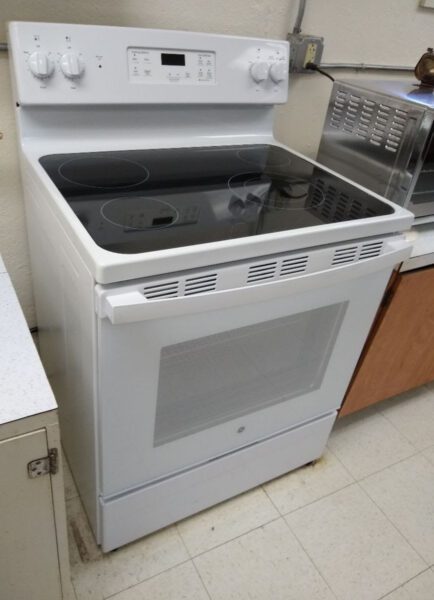 We’re pleased to let you know that we have replaced one of the gas ranges in our kitchen with a new electric range! We have had intermittent, but ongoing problems with the oven in the old stove taking a looooooooooooong time to start heating up, and we decided to bite the bullet and start over. This decision was made much easier by an anonymous donor who contributed $600, covering 3/4 of the cost!
We’re pleased to let you know that we have replaced one of the gas ranges in our kitchen with a new electric range! We have had intermittent, but ongoing problems with the oven in the old stove taking a looooooooooooong time to start heating up, and we decided to bite the bullet and start over. This decision was made much easier by an anonymous donor who contributed $600, covering 3/4 of the cost!
The new stove is plugged into a 220V stove outlet, which we had installed when the kitchen wiring was updated in 2008. At that time, we foresaw that it might be a good idea to provide choices for cooking. Since then, we’ve also become more sensitive about the need to eliminate the use of fossil fuels, so switching to an electric range is a good choice on that front as well.
As you can see, the new range is a “smooth-top”, which will be much easier to keep clean. Of course, no abrasive cleaners should be used!
In the attic…
We currently have this storage cabinet, a “Shaw-Walker” metal shelf unit, with a tambour door that rolls up from the bottom! As someone who spent his working life in the furniture-making world, this is a unique design, in my experience. I have made roll-down and horizontal tambour doors, but never this design.
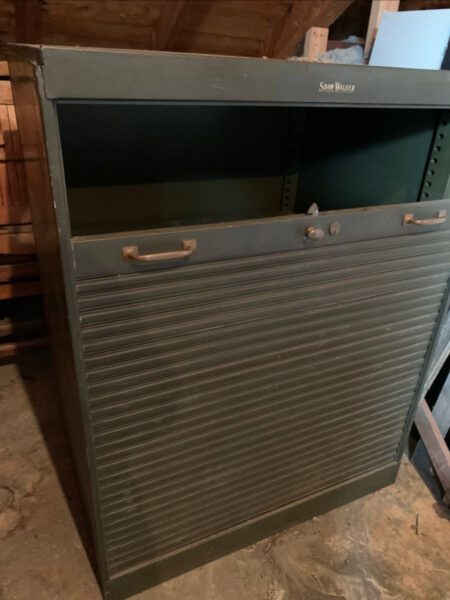 This cabinet used to hold a huge mess of Grange paperwork, 90% of which were old bank statements, receipts for membership dues, etc. Valiant Grange member Patty Giavara took on investigating the contents earlier this year. The information she found included meeting records about the construction of the building, which helped the Friends of the Capital City Grange Hall (of which Patty is the Chair) to prove that we are an “historic” Grange Hall, one that is still active for its original purpose. This information enabled us to get a grant from the VT Preservation Trust that paid 50% of the cost of the scraping and re-painting of the Hall in May of this year!
This cabinet used to hold a huge mess of Grange paperwork, 90% of which were old bank statements, receipts for membership dues, etc. Valiant Grange member Patty Giavara took on investigating the contents earlier this year. The information she found included meeting records about the construction of the building, which helped the Friends of the Capital City Grange Hall (of which Patty is the Chair) to prove that we are an “historic” Grange Hall, one that is still active for its original purpose. This information enabled us to get a grant from the VT Preservation Trust that paid 50% of the cost of the scraping and re-painting of the Hall in May of this year!
We have sorted all of the documents and other items which had lived undisturbed in this cabinet for decades, saving ones which may be of interest to local historical societies, documents that are of interest to the VT State Grange (I took these to the VSG Annual Session last weekend), and documents that are of interest about our Grange’s history. Others have been recycled.
So why am I telling you this? This cabinet is now available, if you would like a unique cabinet to store your documents, or perhaps your collectibles? We’d be happy to get a donation, but mostly we are eager to get some space cleared out in the attic storage area. Please contact me (Tim) at: swartztim15@gmail.com. We’re offering this first to Grange members and friends, before putting it on other “free items” websites.
